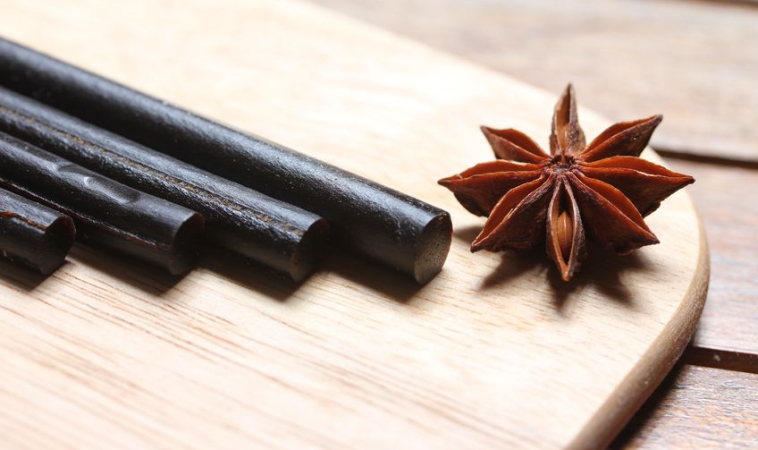Smoking is a killer. We all know this, but how many of us are so addicted to it we can’t seem to stop – not to mention how costly all the commercial remedies are. With about one third of all cancer deaths and a quarter of fatal heart attacks in the United States being attributed to smoking, finding natural ways of kicking the habit makes total sense physically and financially. Here is a list of five ways you can get back to breathing naturally with a smoke-free lifestyle.
Slideshow: Use the arrows to move to the next slide

Chewing licorice (the plant, not the candy) curbs the urge to smoke: Licorice (Glycyrrhiza glabra) is one of the most preferred remedies for the smoking habit. Medicinally, it acts as an expectorant and has been used to treat asthma, bronchitis, and other respiratory ailments. It also restores energy and controls blood glucose. You can find licorice root at health food stores. Don’t use it for more than 6 weeks, as it can deplete potassium, and cause edema and high blood pressure.

Oats are good for more than cholesterol control, they help you kick smoking: Oats (Avena sativa) has been credited as one of the best home remedies to stop smoking when used as a tea. Seriously, grind some up and take a tablespoon, soak it in two cups of water overnight, boil it the next day for 10 minutes and drink some after each meal. It will flush toxins and lower your cravings and ease withdrawal symptoms. If you can find oat extract, that will help as well – and aids fighting fatigue, lessens stress and anxiety and encourages better sleep. Oats are rich in L-Tryptophan, which is part of serotonin production. There is no problem using oats long-term.

Feeling a bit edgy after dropping smoking? Try valerian: Valerian (Valeriana officinalis) reduces withdrawal symptoms such as stress, restlessness, anxiety and insomnia. It is a strong sedative, so only use it at night, but don’t take it if you are using barbiturates and benzodiazepines or if you have a weak liver.

St. John’s wort treats more than depression: St. John’s wort, (Hypericum perforatum) is commonly used to treat mood disorders. The good news is it also helps expel mucus from the lungs and bronchial tract. So, if you are quitting smoking and have that hacking cough, this herb can not only help you expel that gunk, but to be more upbeat during your day. It also heals the lungs after a bout of bronchitis. Known as a powerful blood purifier and cleanser, this herb will help eliminate toxins in your bloodstream left behind by the smoking, although it takes a few weeks for you to notice a difference. CAUTION: Do not take St. John’s wort if you already are on anti-depressants, oral contraceptives or HIV medication or have had an organ transplant. Don’t use it if you suffer from mental disorders such as bipolar, Alzheimer’s or schizophrenia. It also increases photosensitivity.

Korean ginseng can help with smoking withdrawal symptoms: Need an increase in energy, endurance and help dealing with stress after dropping your cigarette habit? Try Korean ginseng (Panax ginseng), which helps your body deal with physical and emotional stress. It will help you sharpen concentration, improve your mood and reduce your anxiety, too. It can help with breathing problems associated with asthma by dilating constricted vessels in your lungs – and it has been shown to decrease the likelihood of developing lung cancer. Caution: Do not take Korean ginseng for prolonged periods, and don’t take it after noon as it can interfere with sleep. It is not good for heart patients or for diabetics, auto-immune disease, hormone problems or if you are on medication to prevent organ rejection.





















